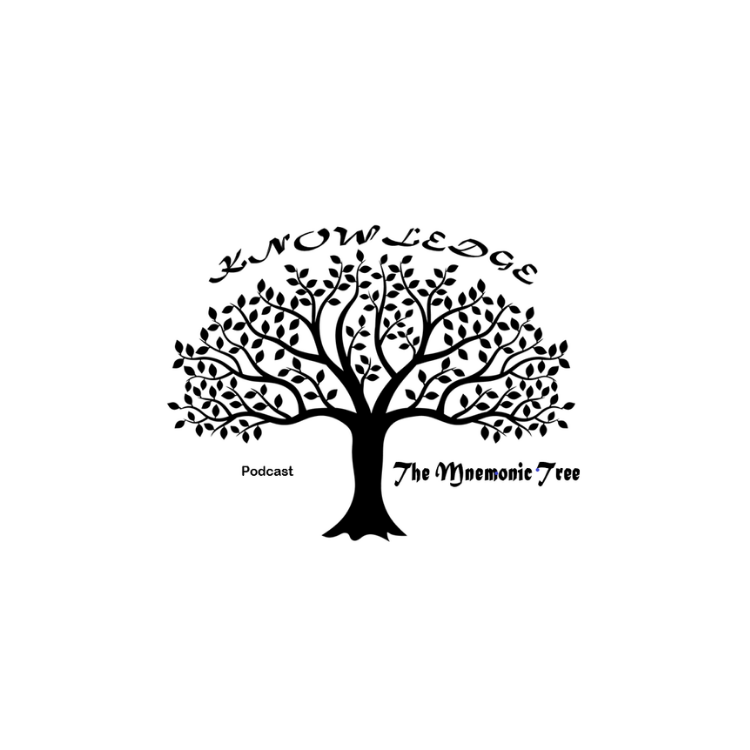Top 5 Mnemonic Memory Strategies
These days people, especially students, are turning their interest towards becoming more effective and efficient in recalling and learning information. No matter if you are in elementary school, High school, doing any professional course, or busy with your everyday life, using these valuable mnemonic strategies can make it easier for you to remember facts that can be applied to almost any subject of interest. Overall, these Mnemonic strategies are very effective memory tips.
Below we have mentioned our top 5 Strategies that you can put into the act.
Keyword Mnemonics
Students might be doing good with their regular subjects but when it comes to a second/third/fourth language, most of them struggle. Multiple researchers have confirmed that using the keyword mnemonic method improves one’s performance, learning capacity, recall ability, and especially in the area of foreign language.
In order to experience the first-hand impression over the keyword method, you need to choose a keyword that will trigger your cerebrum to think of the new/foreign world. Then, you can figure out the keyword that is connected with the meaning of the word that you’re trying to learn.
For Instance, you are trying to learn the French word for cat, which is chat. First, think of a conversation (chat) and then imagine two cats having a chat. You need to figure out something similar in the beginning. This way your association and visualization should trigger the recall of the correct word.
Chunking as a Mnemonic Strategy
By organizing information into more easily learned words, phrases, numbers, or groups, a mnemonic strategy can help you chunk the desired information. For instance, memorizing the following number – 97865342129 will likely take a fair amount of effort. However, if it is chunked in some manner like 9786 534 2129, it becomes easier to remember.
Interestingly, chunking is one of the most effective and several mnemonic strategies that has been studied in people with mild Alzheimer’s disease. The results from these studies concluded that people who participated and followed the instructions have resulted in excellence with improved verbal working mnemonic memory in the early stages of dementia.
Musical Mnemonics
If you have observed closely, you might have interpreted that a student who has poor academics is way good in some extracurricular activities. This is how musical mnemonics work, it successfully encodes the information into the brain and from there the information is processed in the form of music. A well-known example is your alphabet song during nursery classes. There is no limit to this technique, it’s up to the user. You can learn about history, science cycles, riddles, math equations, and more.
You can also dive into the internet and can easily find out the recorded songs that are meant to make someone understand the targeted section. Those are created specifically to help teach certain information and you can use the same to make your learning process more simple, fun, and easier. Moreover, you don’t need to carry a notebook and point out everything that comes to mind. This mnemonic method is a simple, yet effective way to retain information.
Letter and Word Mnemonic Strategies
When it comes to the letter and Word Mnemonic, the most familiar type of mnemonic strategies are typically acrostics and acronyms. These techniques make the use of a simple formula to represent each word or phrase that needs to be remembered. For example, think of MMA, which stands for Mixed Martial Arts.
In case you are trying to memorize the members of “BRICS” then remember that the acronym is used for Brazil, Russian, India, China, and South Africa. Here you need to notice that the countries are aligned as the way the “B-R-I-C-S” is mentioned. This is now you need to figure out the list that you are going to memorize in your way.
Rhymes as Mnemonic Strategies –
Now we have landed on our last mnemonic strategy to improve memory, the rhyme strategy. During our childhood days, we all struggled to put poems together and that’s why we keep murmuring them and eventually we end up memorizing them. In order to help us learn and recall information, rhyming words can be used as a mnemonic strategy. You can also try out different combinations, like rearranging words or substituting them with a more familiar word, keeping the same meaning to make them rhyme.
Utilizing mnemonic memory strategies can give you that lift in your memory that you want, and it can work on your productivity in advancing also. Remember that you might have to rehearse a couple of these procedures before they come effectively, however when you have them down, they ought to obviously help your learning and review of data.


